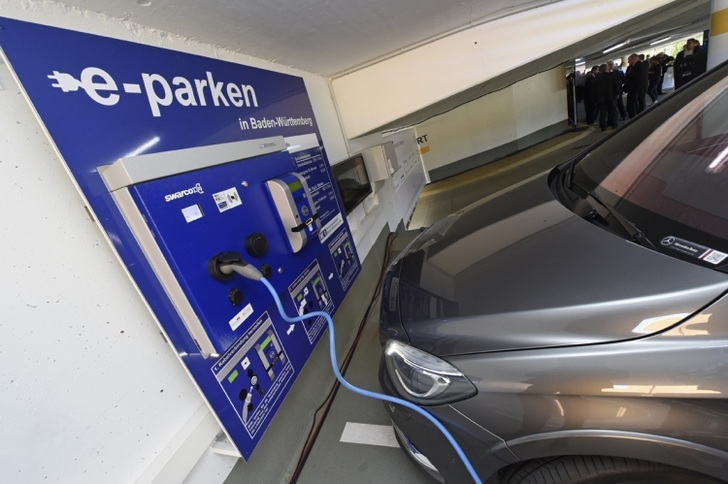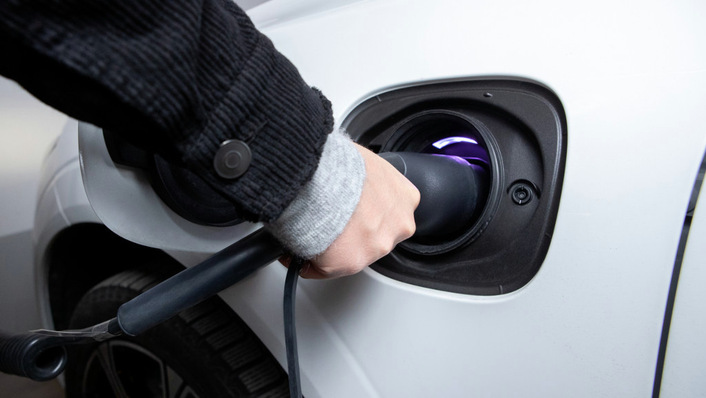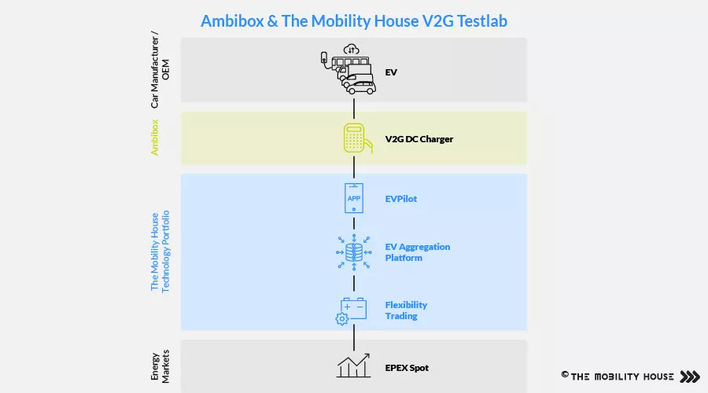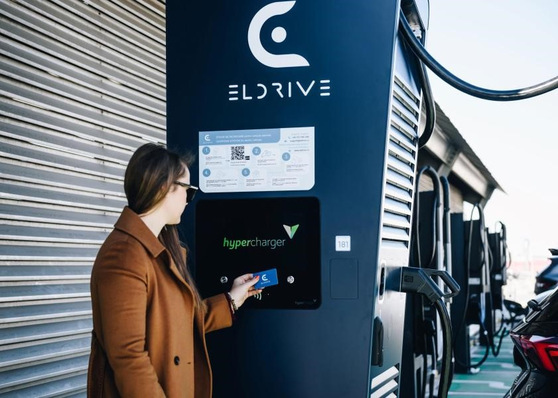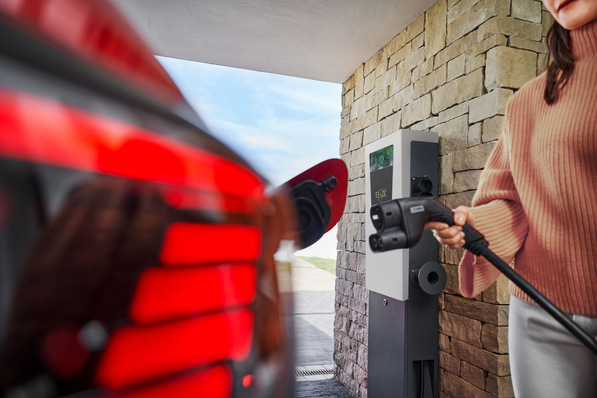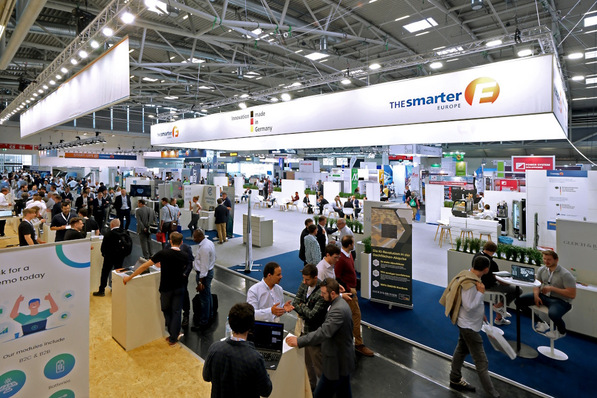A series of workshops organised by the state agency e-mobil BW and the local authorities’ association of Baden-Württemberg are designed to indicate practical options for local authorities to get into electric mobility. “Our primary aim is to communicate practical ways of establishing electric mobility at local authority level,” underlines Franz Loogen, Managing Director of the State Agency for Electric Mobility and Fuel Cell Technology Baden-Württemberg.
Replacing conventional fleets
Possible entry points include replacing conventional vehicle fleets with electric vehicles, establishing a needs-driven charging infrastructure, and electrifying the local public transport system with electric buses, electric taxis and schemes that make available local authority-owned electric vehicles for car sharing. Other important steps can be to promote car sharing schemes that use electric vehicles, involve commerce and industry in moves to promote electric mobility, and get the people on board, as well as implementing the provisions of the German Electric Mobility Act (Elektromobilitätsgesetz) which provides for priority measures for electric vehicles, including free parking.
Series of workshops and roadshows
The series of workshops entitled “Electric mobility – a competitive advantage for local authorities” will kick off in Karlsruhe on 7 October. The following workshops will be held in three other town in Baden-Württemberg until end of November. A parallel roadshow on electric mobility will offer visitors a chance to get behind the wheel of electric vehicles. The roadshow specifically targets decision-makers within local authorities.
Competitive advantages at the local level
“The expanding electric mobility market offers local authorities a chance to implement viable, forward-looking mobility concepts within the scope of an environmentally sound and climate-appropriate transport and energy policy,” stresses Loogen. “Sustainable mobility is a key factor in making local authority areas attractive; it gives them a competitive advantage comparable to broadband coverage and digitalisation. The so-called electric mobility system helps local authorities make life more attractive at local level.”
E-busses and e-carsharing
Many local businesses and local authorities in Baden-Württemberg have recently started to push electric mobility at local level. In Mannheim, for instance, an inner-city bus line uses electric vehicles. In Karlsruhe work has begun on establishing an intelligent charging infrastructure, while in Meckenbeuren (Bodensee District) one ‘citizen’s car’ has been provided within the scope of a project entitled emma – electric mobility with a connection. Citizen’s cars schemes involve making local authority-owned vehicles available to the general public too in the form of car sharing. In three pilot authorities, Offenburg, Ludwigsburg and Schwäbisch Gmünd, a number of measures have already been taken to introduce electric mobility. (HCN)
Related news:

